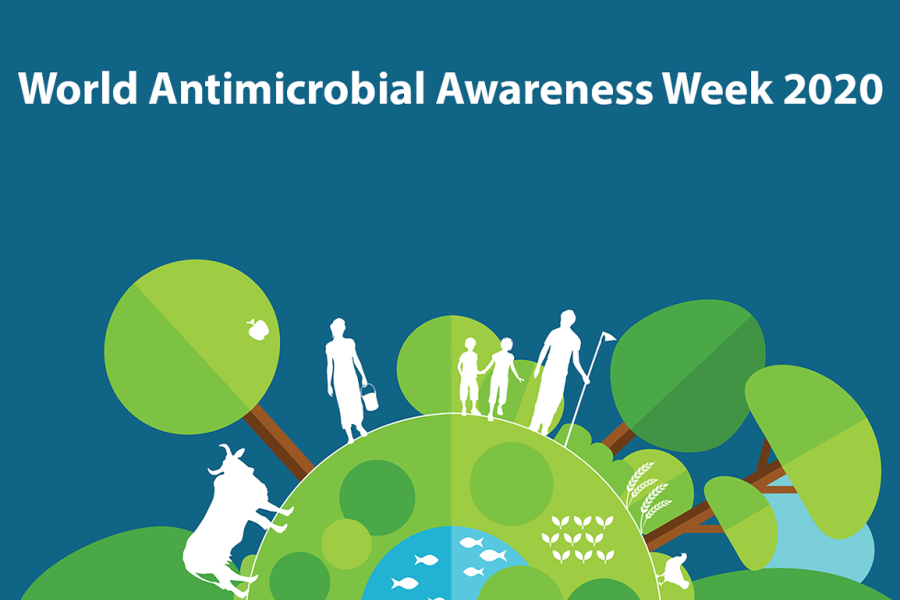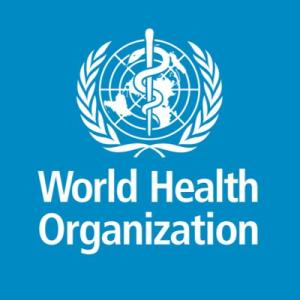FAO, WHO warn on the risks of Antimicrobial Resistance, urge countries to prioritise infection prevention
25 November 2020
- Tehran – Antimicrobial Resistance (AMR) is not only responsible for the death of 700 000 people per annum across the world, but also compromises food safety, contaminates soil and water and reduces the effectiveness of medicines and treatment options, the Food and Agriculture Organization of the United Nations (FAO) and the World Health Organization (WHO) warn.

AMR is a natural phenomenon where microorganisms such as bacteria, viruses, parasites and fungi lose sensitivity to the effects of antimicrobial medicines, like antibiotics, that were previously effective in treating infections. As a result, infections and diseases become difficult, lengthy and costly to be treated. Antimicrobial resistance also leads to increased health care costs, hospital admissions, treatment failure, severe illness and death.
However, the emergence and spread of AMR is expedited and exacerbated by excessive and inappropriate use of antimicrobials. Given the anticipated intensification of agricultural production in response to growing demands of an expanding population, FAO and WHO urge Member Countries to implement more sustainable agricultural practices that prioritise infection prevention for healthier animals and crops and a reduced need for antimicrobials.
It is recommended for countries to adopt regulatory mechanisms to ensure responsible use of antimicrobials in animal and crop production or in medical practice, discouraging the use of poor quality and falsified antimicrobial products—or using the wrong antimicrobials to treat particular causes of diseases.
Furthermore, FAO and WHO also warn that AMR organisms and antimicrobial residues are present in wastes from agricultural production, pharmaceutical manufacturing, and human sewage. Inadequate treatment and improper disposal of wastes can spread antimicrobial residues and AMR microorganisms through the environment in soils and in waterways.
Antimicrobial resistance is making many infections harder to treat worldwide. WHO’s latest reporting shows that the world is running out of effective treatments for several common infections.
FAO and WHO support Member States in adopting the “One Health” approach in the fight against AMR, and bring together human health, animal health and environment health as one.
Robust monitoring, integrated surveillance, increasing capacities for antimicrobial stewardship across all sectors are needed together with raising public awareness among the public and professionals.




